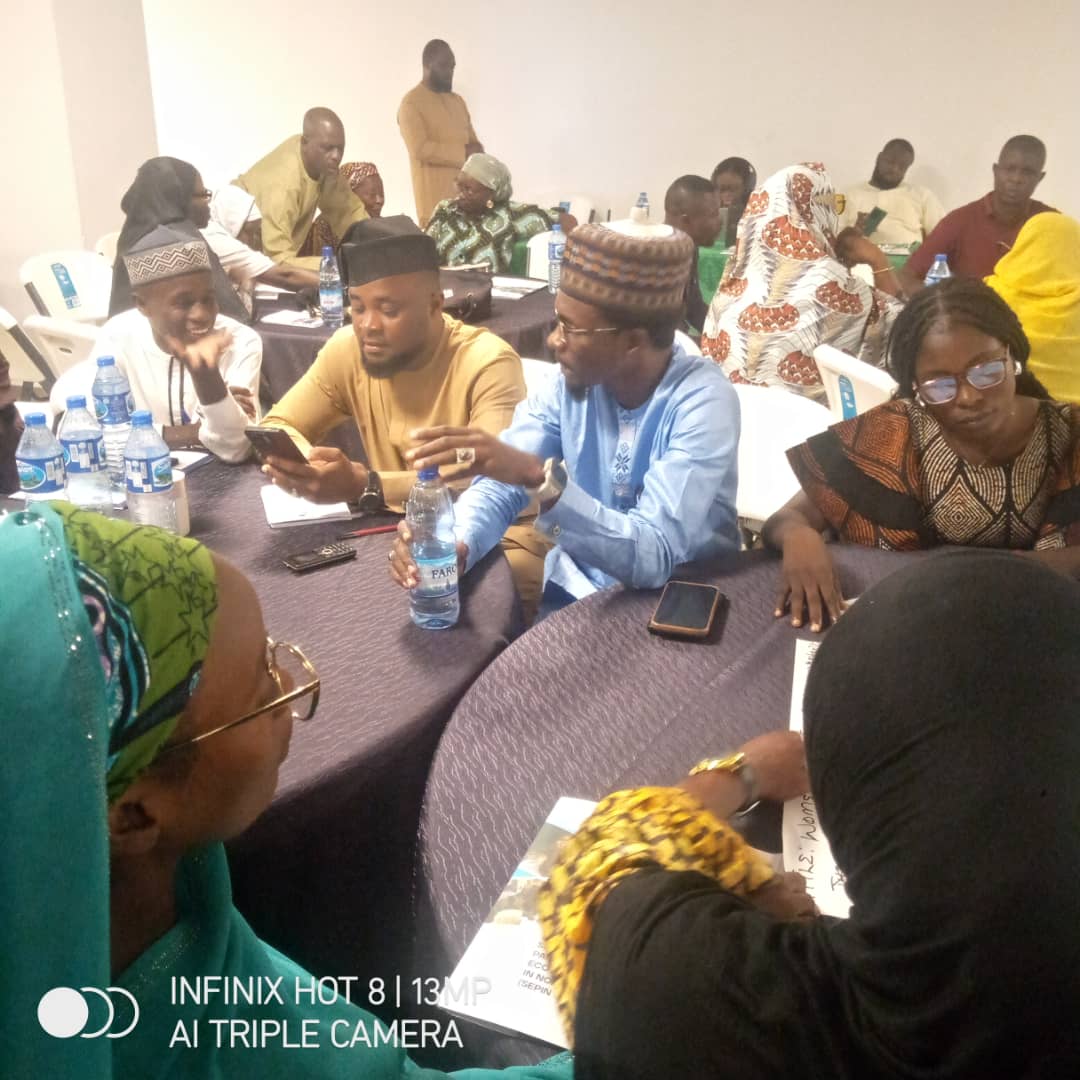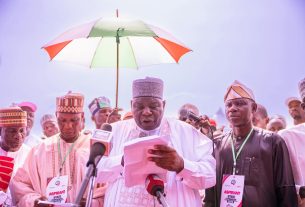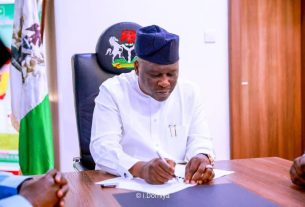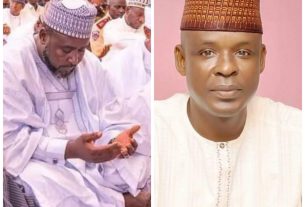A training workshop in Adamawa State has observed the low participation of women in governance at the various levels in Nigeria and challenged journalists to raise the voices of women and give them greater visibility and opportunities.
Facilitators and participants at the four-day training said persistent gender imbalance in the sources used in Nigerian journalism contributes to marginalization of women’s voices and by extension, poor representation in governance.
Four resource persons who are experts in gender responsive reporting and gender inclusive advocacy: Malam Hassan Karofi, Dr Hussaini Lawal, Hajiya Asma’u Joda and Hajiya Aisha Bello spoke around the theme, ‘Strengthening the Capacity of Media Personnel for Positive Reporting to Support Gender Responsiveness and Inclusive Governance in Adamawa State’.
The facilitators took turns to present papers during the media training in Yola which was attended by reporters and editors from electronic and print media houses, impressing it on the participants that they were required to address the huge edge men have over women especially in politics.
The event was orgainized by the German Corporation for International Development (GIZ) and the Development Research Project Centre (dRPC) with funding from the European Union and Germany under the Supporting Sustainable Social Protection, Participation and Economic Resilience in North-east Nigeria Programme (SEPIN-SUSI).
Statistics sourced by the dPRC indicated that men constitute more than 94% (728) of local council chairmanship across Nigeria, leaving women with less than five percent (48); while out of 990 seats in state houses of assembly, women occupy only 49 seats, which amount to 4.9% for women; as well as just 4.4% of National Assembly seats; with a total of 21 female NASS lawmakers (Four in Senate and 17 in House of Representatives) as against 448 male senators and House of Representatives members.
The facilitators at the media training stressed to the participants that they need to amplify the voices of women and advance their cause.
By Onimisi Alao




